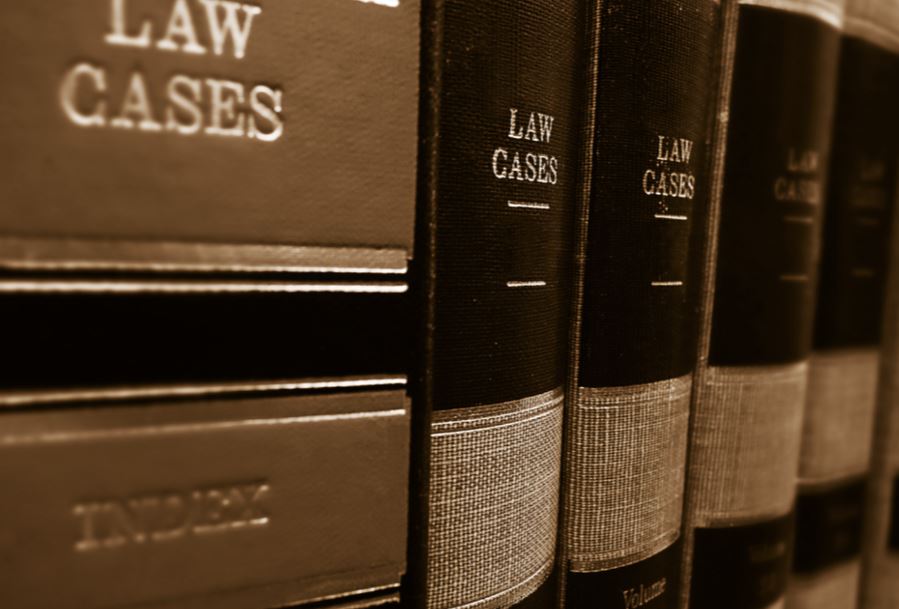Under current law, individuals are protected from being victimised or dismissed if they disclose private information which is in the public interest (more colloquially known as ‘blowing the whistle’). This protection is enshrined in the Public Interest Disclosure Act 1998 and the Employment Rights Act 1996.
If an employee discloses information regarding a criminal offence, a breach of legal obligation, a miscarriage of justice, a danger to health and safety, environmental damage or concealment of information relating to any of the above, they will be protected by the relevant provisions of the above Acts. However, what happens if a disclosure was made prior to the date that the relevant provisions came into force? Will an employee still receive protection, if they suffered victimisation or dismissal as a result?
This question arose in Miklaszewicz v Stolt Offshore Ltd [2002] IRLR 344. In this case, the employers of Mr Miklaszewicz (the claimant) had tried to change his work status to a ‘self-employed’ worker, rather than an employee, for the purposes of evading tax. The claimant would not accept this as it was a false and untrue description of his work status. The claimant reported this to the inspector of taxes in 1993. The employers subsequently dismissed the claimant, due to his actions in reporting them. The inspector of taxes investigated the employer and eventually fined the employer £3 million arising out of, and in connection with, the report to the Inland Revenue made by the claimant.
In the meantime, the claimant was employed by a different employer. However, the new employer’s company underwent a merger with the claimant’s old employers in around 1998, resulting in the claimant once again working for his former employers. It was during this second period of employment with the original employer that the claimant alleged that their behaviour towards him amounted to victimisation for having made the report to the Inland Revenue in 1993. The claimant was eventually dismissed in 2000 and contended that the true reason for dismissal was his whistle-blowing action from 1993.
The court case
This case was first heard in the Employment Tribunal, who stated that they did not have jurisdiction to award any remedy, as the relevant law: section 103A of The Public Interest Disclosure Act 1998, which was inserted into the Employment Rights Act 1996, did not come into effect until 2 July 1999.
Section 103A provides that if the reason for dismissal was a protected disclosure, then that dismissal is considered unfair, and the dismissed employee can access remedies granted by the court, such as contract reinstatement or damages. As the relevant disclosure was made in 1993, the tribunal questioned how this could be a protected disclosure at a time where protected disclosures were not recognised in law.
On appeal by the claimant, the Employment Appeals Tribunal held to the contrary. They ruled that it is only following a dismissal by the employer that a whistle-blower would have to claim a protected disclosure. Because the dismissal, in this case, took place in 2000 – a year after the relevant section of the Employment Rights Act 1996 came into force – the Employment Appeals Tribunal held that this was a protected disclosure under section 103A, and that therefore the claimant’s dismissal in 1993 had been automatically unfair.
The employers appealed to the Court of Session (the highest court in Scotland which deals with civil cases), who agreed with the analysis of the Employment Appeals Tribunal, and also assessed whether the contents of the disclosure were sufficient to consider it a protected disclosure. They found strongly in favour of the claimant, specifying that the disclosure could fall under several qualifying criteria within the Employment Rights Act 1996, and that therefore it could be considered a protected disclosure. The various sections outline whom the disclosure ought to be made to, that the person making the disclosure ought to believe that the allegation is true, that the whistle-blower ought to be acting in good faith, and that he is not acting for some other motivation such as for personal gain. The court observed that all of the relevant sections intended to confer wide-ranging and comprehensive protection for many kinds of disclosure and that the claimant’s disclosure clearly fell within this scope.
Conclusion
The takeaway from this case is that it is the dismissal that triggers the employee’s entitlement to invoke statutory remedy, rather than the disclosure itself. The analysis of the court makes sense, as, without the harm of dismissal, there is no harm to remedy. Therefore, the need to invoke a protected disclosure is only relevant where protection from victimisation or dismissal is threatened or actually takes place. This is encouraging for claimants who may have experienced dismissal or victimisation for disclosures made before the enactment of the Public Interest Disclosure Act 1998, as they may still be able to get redress for their loss.
Further Reading
From one of the UK’s most read legal blogs.









